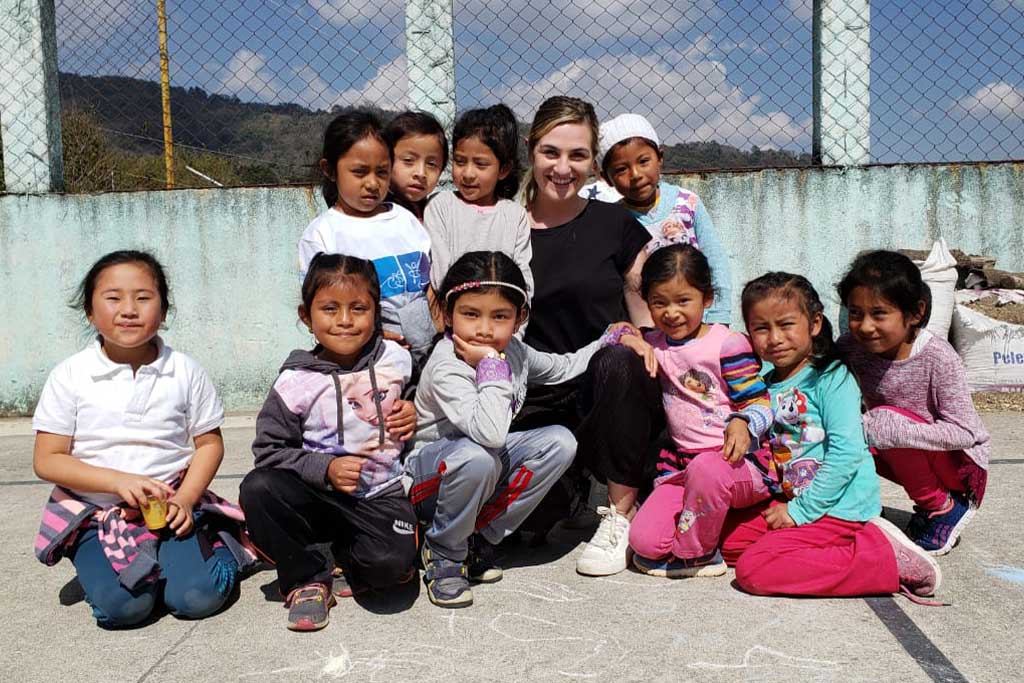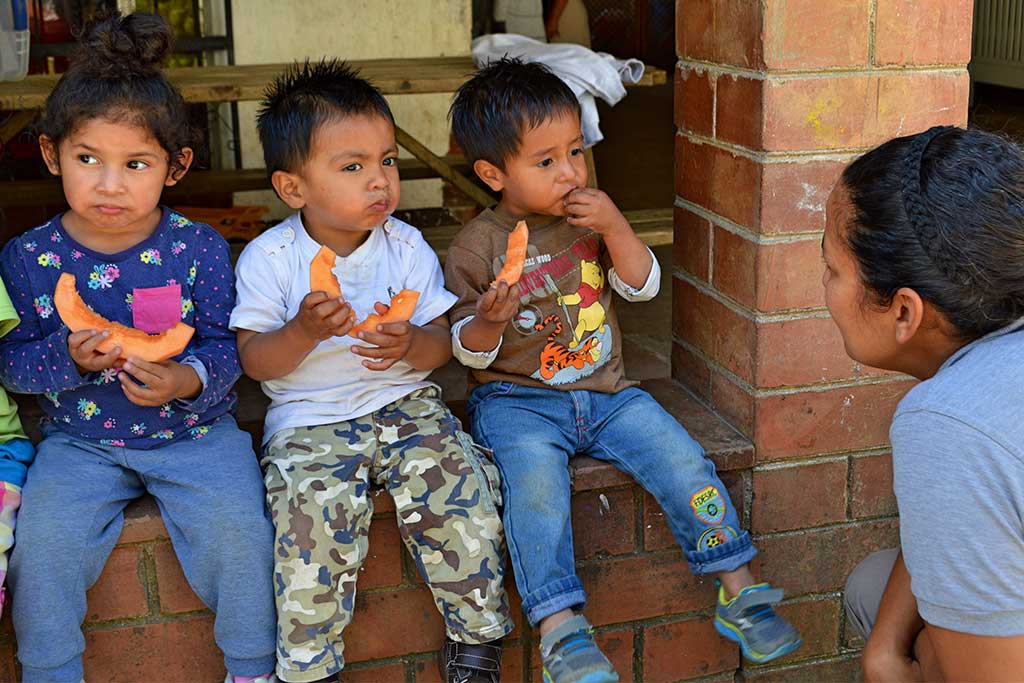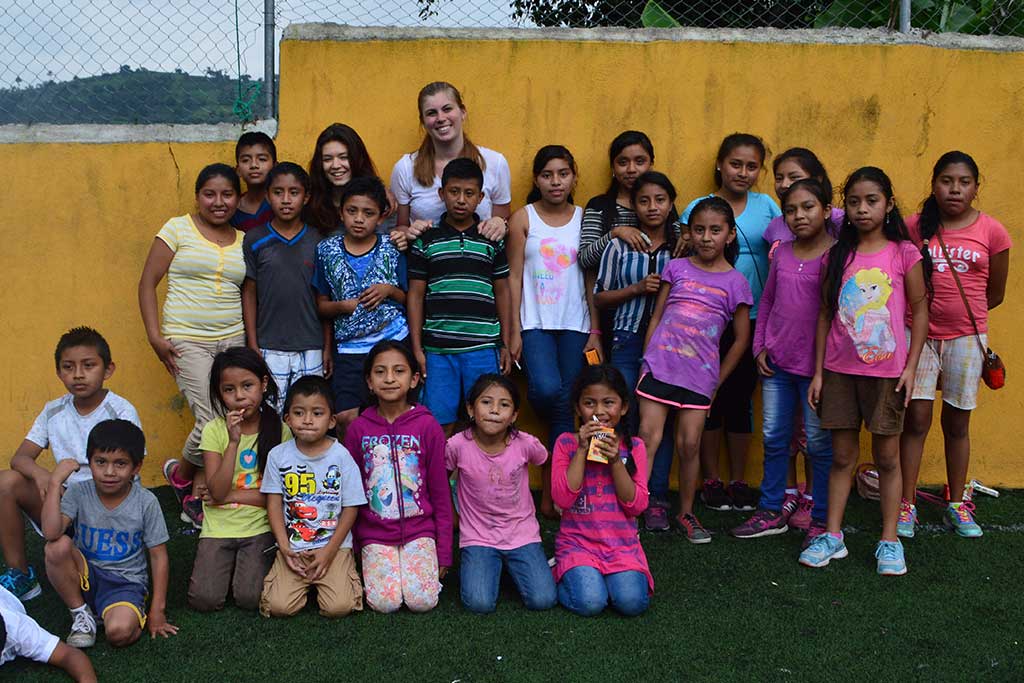Children aren’t given choice. They have no control over the living conditions they are born into, and yet, they are shaped by these developmental years. It is inadmissible how many young people get caught in the cycle of poverty. Without intervention, neglected youth can carry this injustice into adulthood.
If familial and societal patterns are to be broken, at-risk children need to be shown that they have options, resources, emotional support. They need to know that they have advocates. Working with young people is my passion because children too often live with the consequences of decisions that were not theirs. These kids need someone to tell them that someday the decisions will be theirs.
Adults who care about the futures of disadvantaged children need to invest in their lives now. Sometimes, the individual attention of a mentor can open doors that kids never knew existed. In the United States, for example, many school districts have tutoring and mentoring programs designed to pave a path to university for first-generation students.
During the school year, I work for a federal grant program that follows children through their middle and high school years. By offering services like intervention tutoring and FAFSA assistance, the program simultaneously supports students and holds them accountable for their own success.
But as important as education is in the life of a child, so many young people face much bleaker problems than whether or not university will be an option for them. So as my middle school wound down for summer, I began researching volunteer programs that worked with children and teens struggling with poverty. Children need a stable environment before their future goals can even become a consideration.

I knew I was searching for a volunteer initiative that specifically targeted at-risk youth, but I hadn’t thought much about location until my heart was drawn to Máximo Nivel’s childcare projects in Guatemala. I was eager to work with locals trying to keep kids off the street. When I arrived in Antigua, I was placed in a community center a few miles outside the city. The moment I met the children, I knew how difficult it would be when it came time for me to leave.
I also had to accept that I couldn’t change the patterns of poverty. All I had to offer the community was my time. However, the value of spending quality time with kids cannot be emphasized enough! Many of the children I met came from poor or single-parent families, and had only attended formal school sporadically. The community center had become a haven for kids that were out of alternatives.
The program was built upon the belief that no one should be blamed for simply being born. Everyone deserves to feel wanted. However, in communities where financial resources are sparse, parents are under tremendous pressure and often need their kids to work alongside them to provide for the family. Children with physical disabilities are put in a particularly difficult situation if they cannot do manual labor.

One of the boys I tutored had no one that could care for him during the day, as his single parent had to work in the fields to support him and his sisters. Though the circumstances were undoubtedly the most unfair toward him, his whole community was facing the symptoms of systemic poverty. The severity of their economic situations had prompted families to favor family members who could be doing more to earn money.
I was disturbed to see how children could be treated in such desperate situations. However, I also had to recognize my own limitations. I was there to spend time with the children. I couldn’t change their pasts, nor could I do much to change their circumstances permanently. I knew that in a couple of months I would have to leave. So during the time I did have, loving them turned out to be my most important responsibility.
Guatemalan caregivers are already doing an amazing job of advocating for the youth in their communities. However, a small staff at a community center is simply not able to offer each child the individualized attention they deserve. I was honored to work alongside local professionals who gave so much of themselves every day.
The time I was giving was definitely of greater importance than what I was actually doing. Unlike my normal job, there wasn’t a concrete end goal. I truly was there to play with the kids, and social interactions are exactly what they need. However, the women who run the center are also giving them tools to grow into successful adults.

They don’t want their students’ lack of financial resources to result in a life of continued poverty or crime. To work away from destructive cycles, the childcare providers do more than offering an emotionally healthy environment. They have become mentors for a lot of the children at the center, teaching them about proper hygiene and offering tutoring sessions.
During the weeks I spent working at the community center, I assisted with the after-school tutoring program, played a lot of games with the kids, and even brought along my guitar. Just joking around with them gave me the sense that I was making a difference in their days. But how it made me feel really isn’t the point. These children weren’t given a choice, but I was—and I would make the choice to go to Guatemala again and again.
